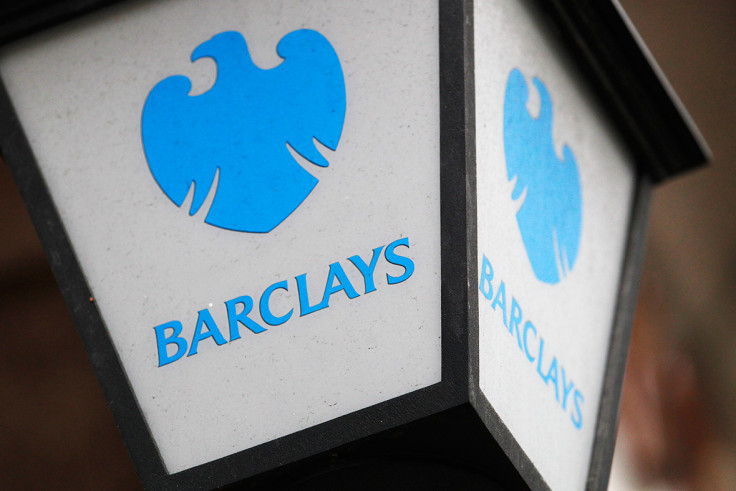Barclays profit tumbles 25% as non-core losses double to £810m

Barclays reported a sharp reduction in pre-tax profit in the first quarter of the year, as non-core losses before tax more than doubled and offset a significant gain in profit from core operations.
In the three months to 31 March, the FTSE 100 lender posted a profit before tax of £793m, a 25% year-on-year decline, as losses from the group's non-core operations jumped from £310m to £815m. That offset an 18% year-on-year increase in core profit before tax to £1.61bn, the bank said.
Underlying profit before tax, which excludes the impact of notable items, decreased 44% year-on-year to £902m, primarily driven by the underlying loss before tax in non-core operations, which widened from £274m in the first quarter of 2015 to £815m.
The quarterly report was the bank's first since it reorganised its operations into a new configuration, comprising of Barclays UK and Barclays Corporate & International. The bank's UK operations saw underlying profit before tax decrease 2% to £704m as lower income was partially offset by improved impairment, with underlying total operating expenses remaining broadly in line.
"We can see clear growth opportunities, such as in our consumer, cards and payments business, in which we want to continue to invest," said group chief executive James Staley.
"The performance of our corporate and investment bank was relatively resilient in a tough quarter, but there is more we must do to improve returns, and we are focused on management actions to do so."
Credit impairment charges increased 15% to £443m primarily driven by the impairment of a number of single name exposures, largely in respect of clients in the oil and gas sector, the bank added.
Meanwhile, total operating expenses reduced 7% to £3.82bn as a number of exceptional items did not recur in the period, although that was partially offset by increased restructuring charges relating to strategic initiatives.
Staley added the bank would continue to target cost reductions and was on track to meet its 2016 guidance for the core business of £12.8bn, and its longer-term target of a group cost to income ratio under 60%.
© Copyright IBTimes 2025. All rights reserved.






















